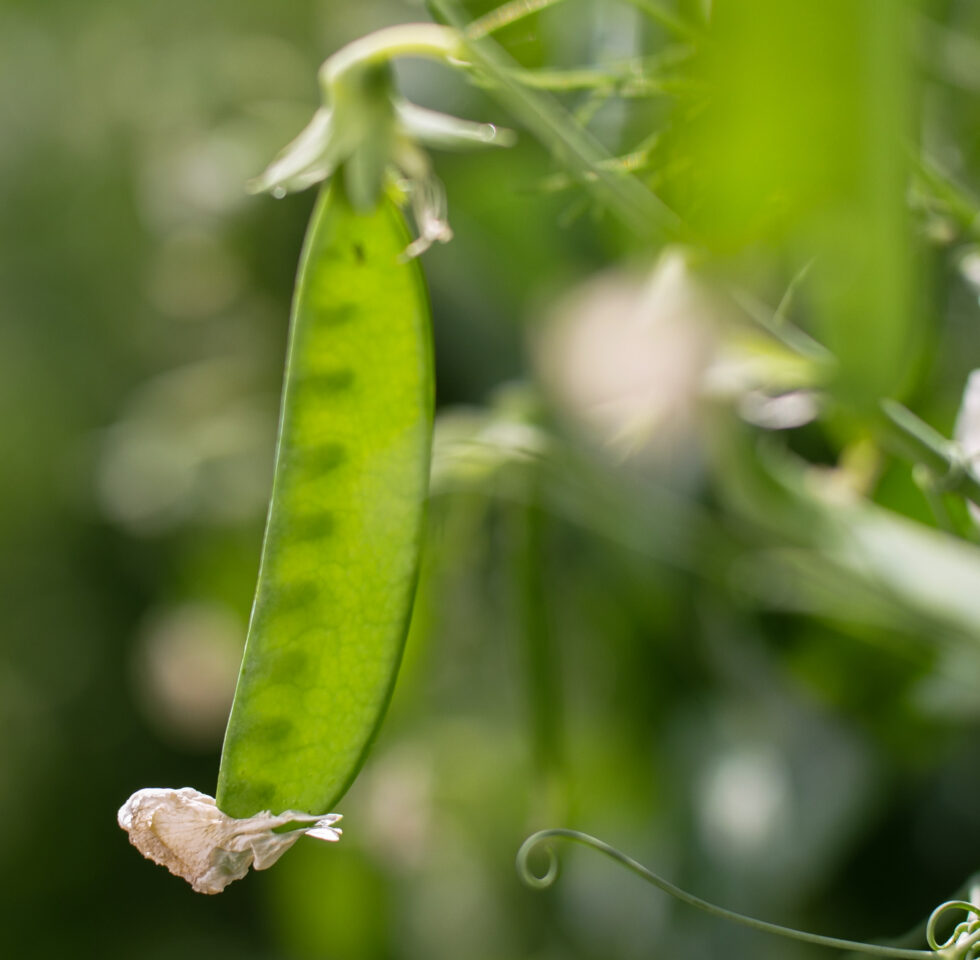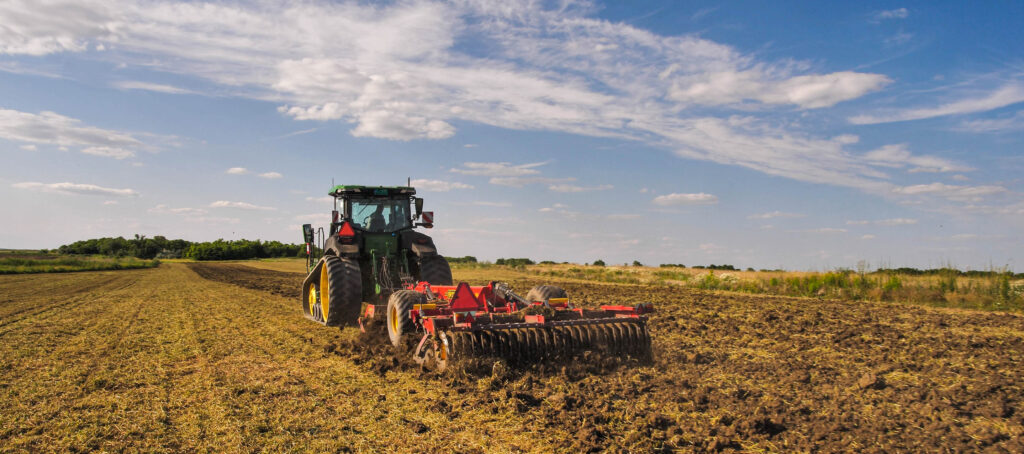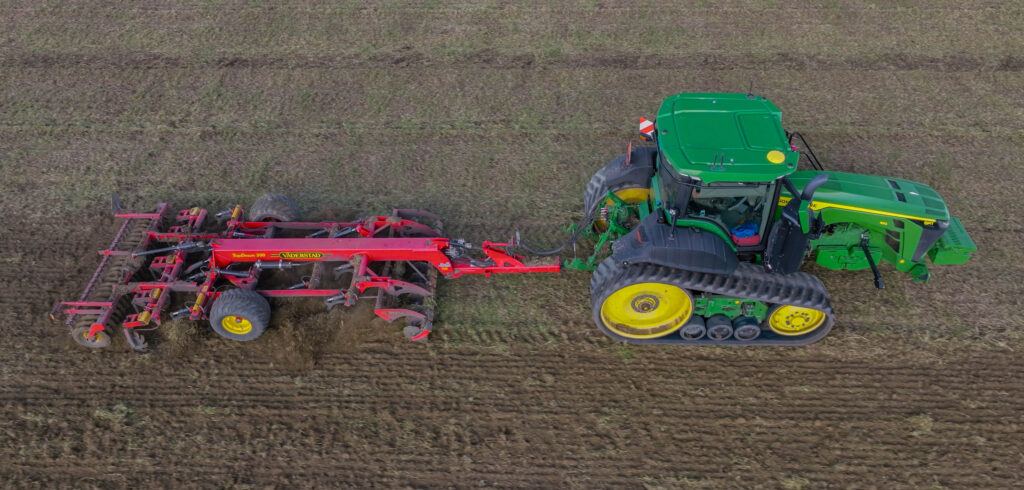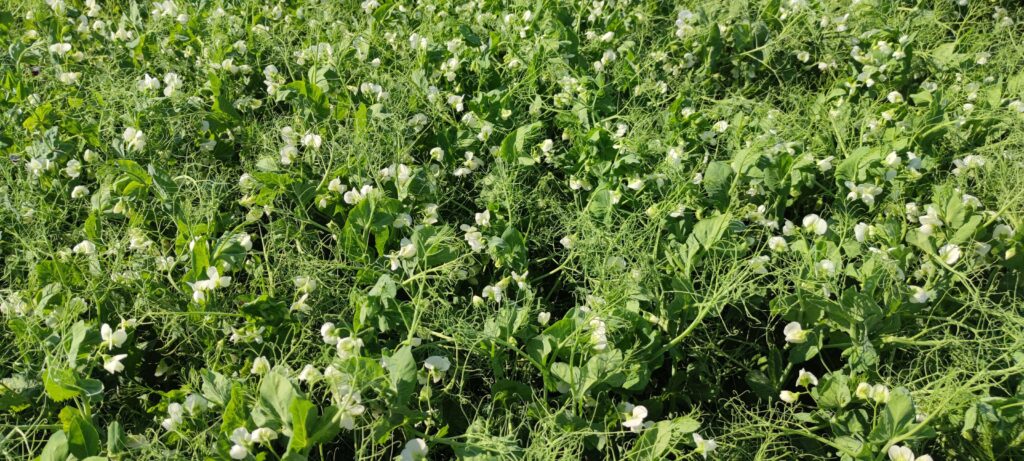Njamito Goes Fairtrade for Cocoa and Vanilla
March 31, 2025Njamito is now Fairtrade certified for cocoa and vanilla! Here’s what that means for farmers, the planet, and the values behind our meal-in-a-bottle.
Read articleThe utilization of peas as green manure is offering a way to enrich soil, boost crop yields, effectively compete with weeds, and thus promote sustainable farming methods.

The utilization of green manure peas embodies an agronomically robust, yet sustainable approach to enhancing soil fertility, boosting crop yields, effectively competing with weeds, improving soil structure, and consequently fostering overall soil health.
The practice unfolds in two simple yet significant stages that are designed to optimize soil health and promote sustainable crop growth.
Stage 1: Shredding Biomass
The first stage involves shredding the pea crop’s biomass. This organic material is carefully broken down for its later integration into the soil. This integration serves to enhance the soil’s organic composition and create an environment conducive to beneficial microorganisms, which play a critical role in soil vitality.
Stage 2: Nutrient Integration
The shredded pea biomass is then incorporated into the soil (this link will take you to the field map in our Farming software at the time of this operation) using advanced grubber technology. This integration serves a dual purpose: mitigating soil compaction and infusing the earth with essential nutrients. The decision to employ tractors with attached tracks due to wet conditions this year is another step we take to preserving soil structure.


Peas are at the core of our sustainable approach because of their nitrogen-fixing qualities. Utilizing peas as green manure offers a viable alternative for live-stock free farming. This method ensures that subsequent crops have access to a natural source of nitrogen. We secured a reliable nitrogen source for two upcoming crops, ensuring their nutritional value and overall quality with this season’s biomass yield that surpassed 40 tons and even 50 tons on certain fields.

Peas are proven to be more than just nitrogen and nutrient providers; they also play a role in weed management. By competing effectively against invasive plants, peas reduce the need for mechanical wheat control (as we are a pesticide-free farm) and promote an ecologically balanced farming ecosystem.
Njamito is now Fairtrade certified for cocoa and vanilla! Here’s what that means for farmers, the planet, and the values behind our meal-in-a-bottle.
Read articleIdealism met reality as we launched our meal-in-a-bottle, Njamito. After 100.000 bottles sold, here’s what we learned about organic food and market adaptation.
Read articleWith organic seeds in short supply, we launched our own organic seed production journey to secure sustainable farming practices.
Read article